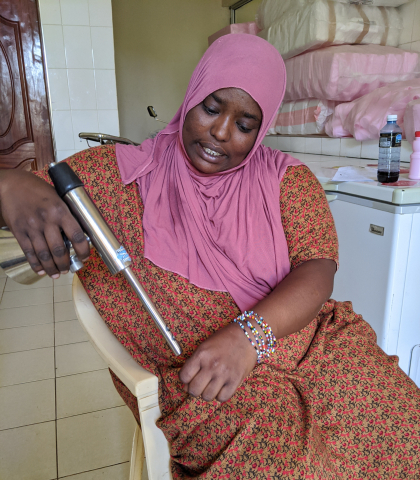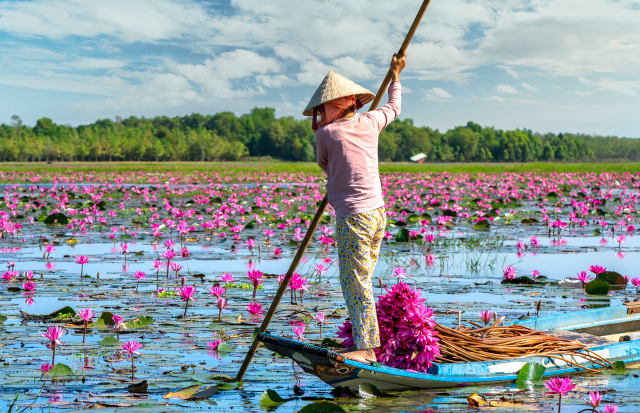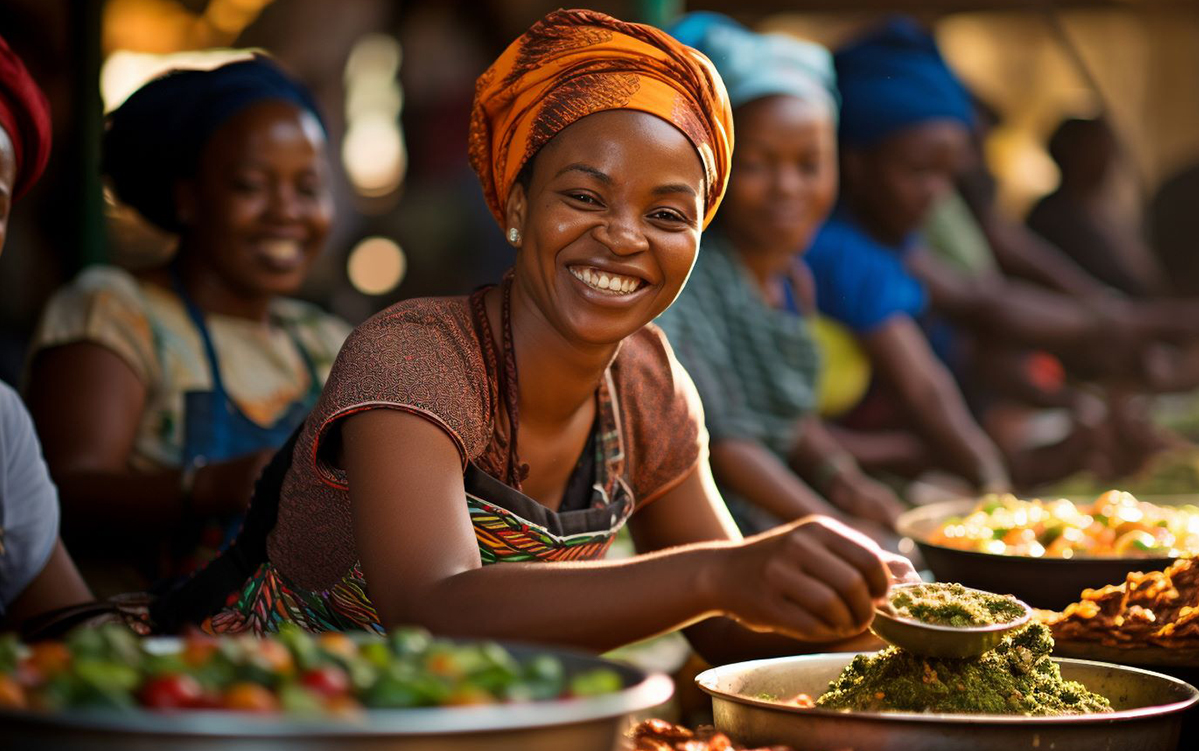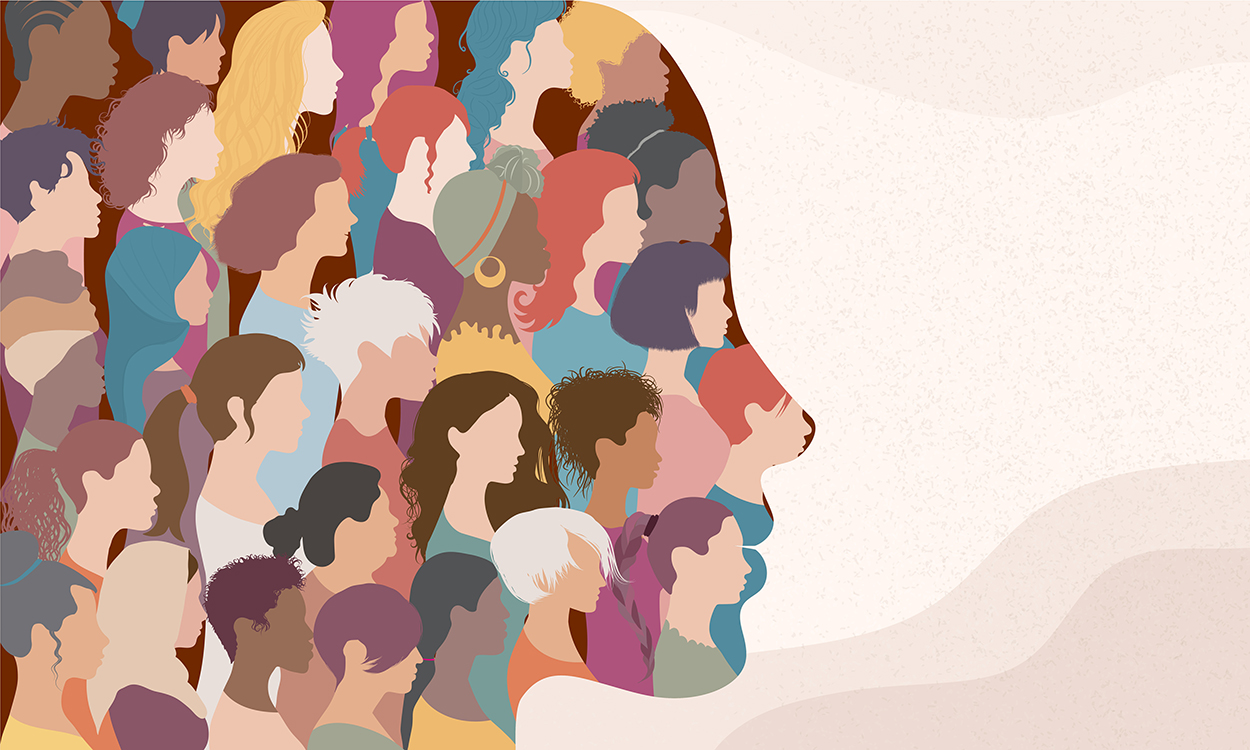To achieve gender transformative change, we need to carefully examine the underlying causes of gender inequality. This means challenging existing socio-economic structures and cultural institutions that often reinforce gender inequality. Urgent and seasonal questions, such as ‘how can my family survive in the face of drought and associated food insecurity until the next rainy season?’ leave little space to seek broader and more elusive transformative change along a development pathway. Within this article, I reflect on the potential leverages and bottlenecks for gender transformative change using the case of a women-led camel milk trading co-operative in Kenya.
Several tools have been proposed to facilitate the adaptation processes necessary for achieving climate resilience in response to new climate and environmental challenges [1]Some of these are embedded in financial inclusion products like microfinance loans, often targeted at rural populations, especially women, in contexts where the effects of climate change have been particularly severe. The project ‘Depleted by debt? Focusing a Gendered Lens on Climate Resilience, Credit and Malnutrition in Cambodia and Tamil Nadu’ used a feminist political economy lens to analyse the effects of attempts at financial inclusion. This approach intentionally brings processes of gendered power relations to the fore in economic analysis. This focuses on the work in Cambodia where the approach allowed for critical enquiry into the consequences of debt-taking and debt management in rural areas, arguing that the current over-indebtedness crisis is, in fact, a public health crisis [2].
Women play a pivotal role in the intricate web of food systems in low- and middle-income countries (LMICs). Mothers, daughters, community leaders – these are the often undervalued individuals holding the reins on critical food-linked decisions and hygiene practices. From purchasing and preparation to dietary choices for vulnerable groups (infants, disabled and the elderly), women's influence on food safety is undeniable.
March is a significant month in the calendar year, with International Women’s Day (IWD) on 8 March and the meeting of the Commission on the Status of Women (6-17 March), where member states of the United Nations work to progress the agenda on gender equality and women's rights. These events are important not only to acknowledge successes in gender equality and social justice but also to recognise increasing backlash and challenges experienced throughout the world. For NRI’s Gender and Social Difference Research Group (GSDRG), we aim to use this period to reflect on these challenges in solidarity with partners and social movements and identify ways we can contribute to pathways for gender equity, social justice and transformative change.





